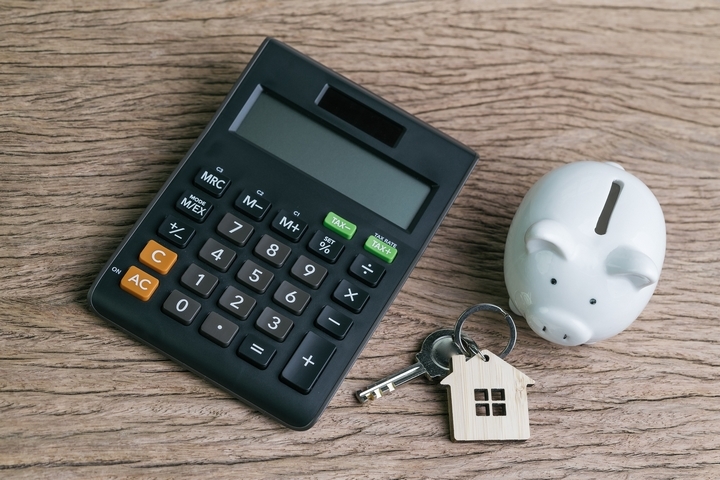How Tax Sales Work in Ontario

When buying a tax sale property, understanding how it works and what you’re buying can provide a premium deal on high-value homes. Despite its pitfalls and risks, many investors look to tax sale homes to add to their real estate portfolio, reaping returns faster than other investment types.
A tax sale property is a property within a municipality with unpaid property taxes from two years before the current year. As the owner cannot pay the property taxes and the municipality cannot collect, the municipality can take the property away from the owner and put it on auction to the highest bidder to recoup the taxes owed.
No matter your motivation for buying a tax-sale property, here is a little on how tax sales work in Ontario.
How Do Tax Sale Properties Work?

A tax sales property can look like anything. It can be a single-family detached home, a plot of land, a commercial building, or an apartment building. A tax sale property does not come pre-inspected, nor does anyone have permission to trespass and inspect a property offered for sale.
In Ontario, tax sales are made by public auction or public tender. The vast majority are offered by public tender. You do not need to be physically present to submit a bid. Everything is done online in terms of viewing the property and gathering information. When you submit a bid, it is the standard by mail. However, be sure to confirm this by looking at the instructions given.
How to Find Tax Sale Properties

There are tax sale listings in Ontario online that one can look at. Year-round, properties go up. Minimal bids are defined, and any available information is listed, often with a few photos. It’s encouraged to research each property and consider the risks of tax sales and the potential upside involved.
What the Tax Sale Process Is Like

A tax sale requires you to register. If your bid is successful, you must submit certain documentation confirming your identity. After a tax sale is open, bids are made on a given property by public tender or auction, starting with the minimal amount stipulated. The highest bid receives the property at the close of the tax sale period.
Whether you go to a tax sale auction or the tax sale is done by public tender, you must be ready to pay the full amount owing then and there. Ensure you have your finances ready to go. If you cannot make payment immediately, you lose the tax sale, and the next bidder is chosen.
All taxes and interests are included, and payment can be made by cash, certified cheque or money order.
How to Get a Title Search Done

Generally, a tax sale property comes free and clear of other charges and liens. The mortgage is wiped from the record. That said, if there is a lien on the property from the government, that’s a problem and something that sticks to the property. Always do a title search. This is the only way to ensure the property is free of claims.
You don’t have a chance to conduct a walkthrough of a tax sale home nor have permission to do any inspections. A tax sale is made with properties that are sold as-is. You won’t know their physical condition and have all the information on the state of the property until after the purchase is complete.
Risks of Tax Sales in Ontario

A tax sale property investment can be a bust in many ways. You may have hazards on the land or an environmental cleanup that would become your problem after closing a sale. If there is significant damage to the property – i.e. mould, water damage, or structural damage – that all falls on you to repair or do with what you will. These are some of the risks.
Even though you may have purchased a tax sale property and are overseeing it, a property owner does have time to pay off all interest and taxes to win back their property and cancel your sale. This happens in the vast majority of scenarios. When this occurs, they receive the property and all purchase funds are returned.
How to Claim Ownership of a Tax Sale Property

The redemption period must be fully passed before a tax sale property bidder can claim the property as their own. After the property is confirmed not to be redeemed, the transfer of ownership begins. As this does not involve a traditional lender, i.e. a bank, and is already arranged for financially, it typically is quite efficient.
